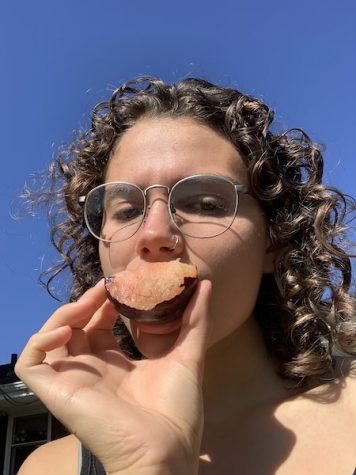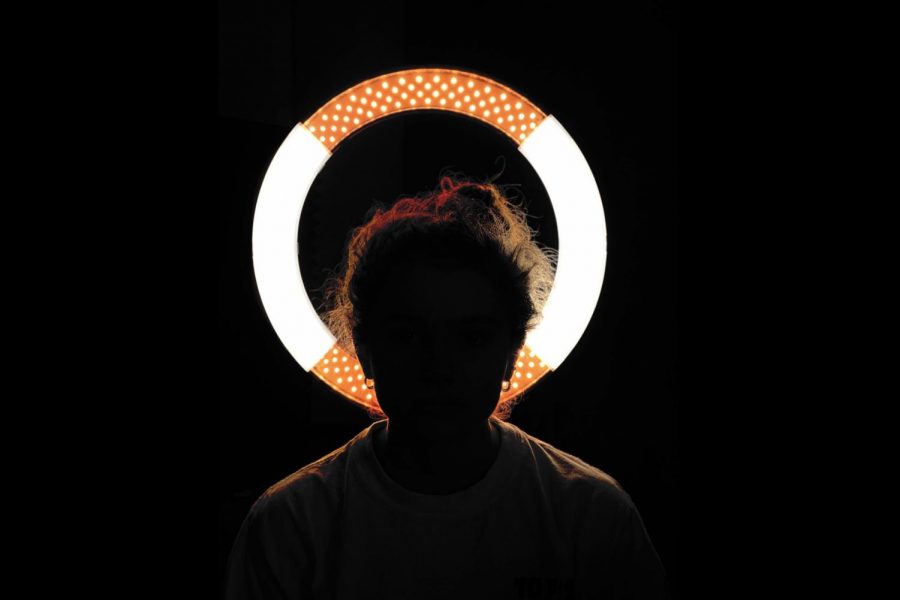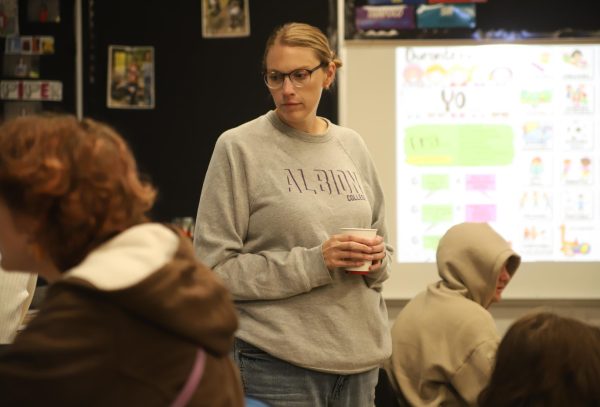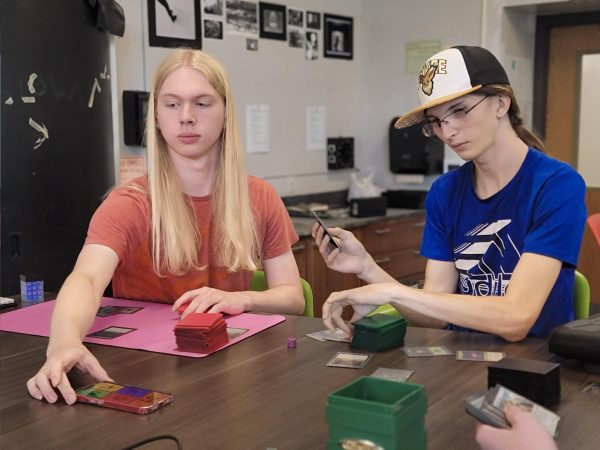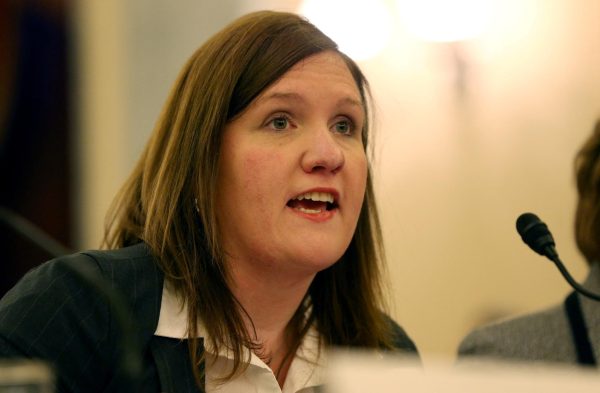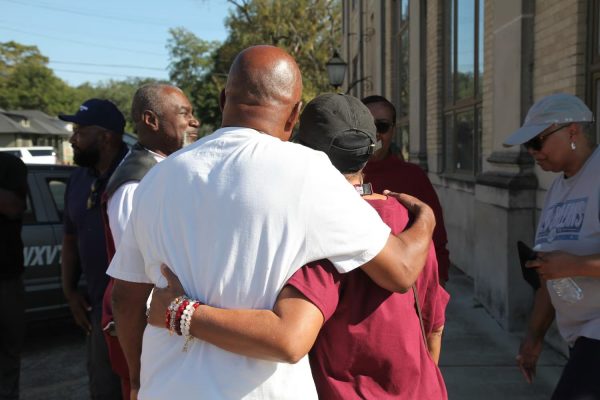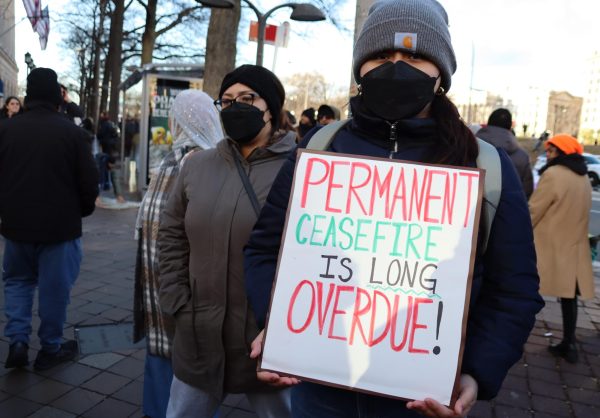Why swipe right?
Tinder — a popular dating app that allows people to “match” with others in their area — is being used by people under 18. Most of those teens are not looking for true love or a one night stand; they are looking for entertainment, friends they know in real life and an opportunity to be someone they’re not. Some teens on Tinder barely use the app, they only have it for the social gain of having a dating app.
Mackensie Fidler,* a 17-year-old senior at Community, downloaded Tinder the summer before her junior year. Her original intent was to use it like any other social media she had: for entertainment. She found the idea of downloading Tinder funny. Since then, she has had the app on and off and has created a fake backstory that is not accurate to who she really is: she tells people she is an 18-year-old freshman at the University of Michigan. Fidler never has nor intends to meet up with people in person but will Snapchat them from her house. To hide that she’s not at the U of M, she tells them she lives in an apartment with her friends in Ypsilanti to explain why her room doesn’t look like a dorm.
Fidler’s not the only teen to lie about her age on Tinder. Shannon Bishop* is a high school junior who downloaded Tinder because she was bored and wanted a new source of entertainment.
Her Tinder profile lists her age as 18 but once she matches with people she usually notifies them of her true age: 16. Once in a while, someone will “unmatch” with her after finding out how young she is. Recently her account was taken down for an unknown reason. Bishop assumes someone reported her account after finding out she was only 16. This violated Tinder’s policies because their minimum age limit is 18.
Unlike many other underage teens on the app, Bishop has met up with people she found on Tinder. The only people she has met are people she already knew of, and happened to match with. They have all been U of M students and nobody older than 22. Bishop has her age preference set from 18-22 meaning only people in that age range show up on her screen and her profile only shows up on the screens of people in that age group.
“I think it would be better if you were 16 and could only match with 16 through 18-year-olds. That’s how it used to be. Everyone knows that [teens under 18] are on Tinder,” Bishop said. She thinks safety would improve if teens who were not 18 could list their true age and match with people within a couple years of their age. She believes this may limit the number of minors lying about their ages.
In 2016 Tinder changed its policies, 13 to 17-year-olds used to be permitted on the app. They would only be shown other minors and could not match with those 18 and over. However, Tinder changed its policy in 2016 because users under 18 lied about their ages when making a Facebook account, which translated to Tinder because someone could make a Tinder account using their Facebook. Tinder receives the profile information Facebook already has about someone.
Tinder’s current policies prevent those under 18 from making accounts… with their real ages. Their policy states that they do not want teens on Tinder, but their prevention techniques mostly depend on automated services and reporting by other users. It’s not very hard to make a fake account: Tinder doesn’t verify that the age listed on someone’s profile is their actual age. The chances that the underage person’s account is taken down completely depends on the connections they make and if someone else reports them as a minor.
Although Fidler has never met up with anyone, she does have advice for any teens who may be considering meeting up with someone from Tinder: don’t go at night, let a friend know where you will be and make sure you have a plan in case something goes wrong.
Fidler talks about how teens using Tinder is not necessarily unsafe, as long as it is being done for the right reason, her advice to teens is to make sure it’s the right decision for you.
“I would just say like, think about why you want to be on that app,” Fidler said. “Think about whether or not it’s really the healthy choice for you and whether or not your safety is at risk. If you are the kind of person that would put yourself in compromising situations, then you shouldn’t have a dating app.”
*Names have been changed to protect anonymity

